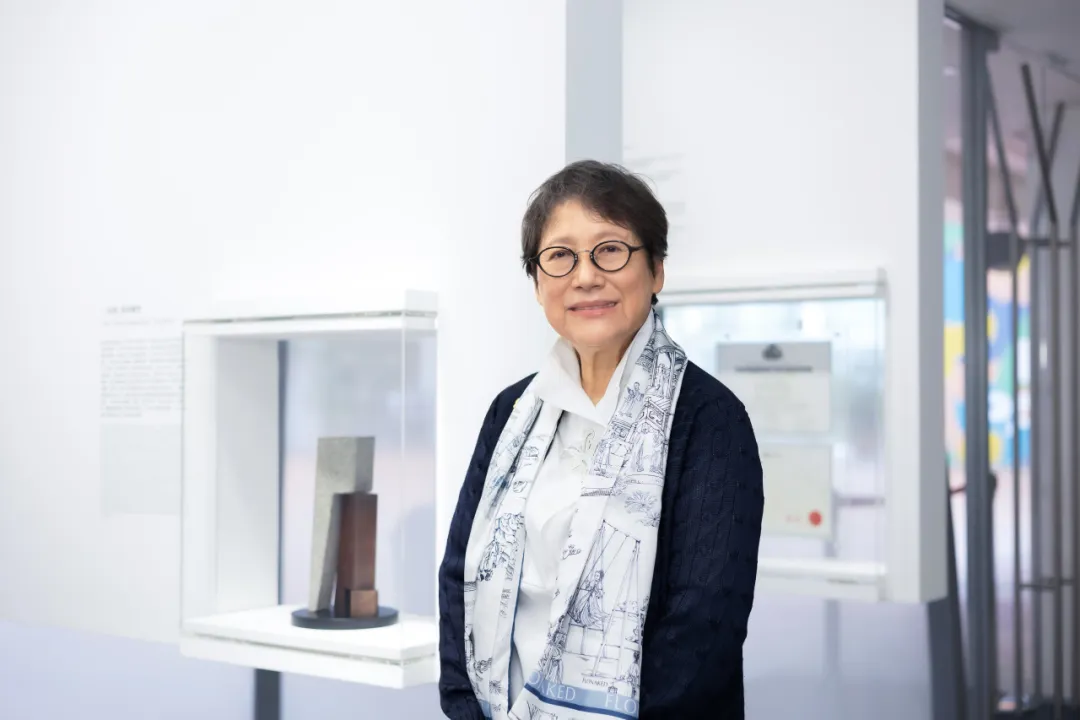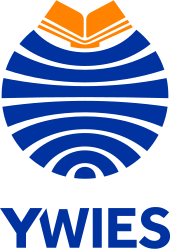Go Back
News
School News
Dr Betty Chan Po-king on YCYW's Future School Programme
School News
17 May, 2024
15 : 48

At the end of March, the Yew Chung Yew Wah Education Network (YCYW) announced the launch of the Future School Programme at Yew Wah International Education School of Zhejiang Tongxiang (YWIES Zhejiang Tongxiang). The initiative will introduce an innovative curriculum and an innovative campus space to create a new ecosystem of education for the future.
Technological advances and changes in societal needs are driving profound changes in education. In an interview, Dr Betty Chan Po-king, CEO & School Supervisor of YCYW explained how the Future School Programme will prepare students to thrive in the world of the future.
Right now, what are the considerations behind the Future School Programme?
Dr Chan:
The world has been constantly changing, especially after the COVID-19 pandemic, and the pace of change has accelerated. As a result, envisioning the future has become exceedingly challenging. Our mission as educators is to prepare children for the future—and their future is not only about being admitted to a prestigious university. What we are concerned about is educating students for their future. We hope parents agree with us on that point. Obtaining a diploma, or even a doctorate, is just one part of life's journey. Far more important is how our students will fulfil their responsibilities in their careers, to their families and in the longer term. This is what is important when we educate our students.
Why was it important it to launch the Future School Programme now? The future has already arrived, and we can no longer wait for the so-called perfect moment. We must act quickly and respond positively to seize every educational opportunity.
How will the Future School Programme help students adapt to the future?
Dr Chan:
The fundamental idea of the Programme is to empower students to take ownership of their learning. Of course, students need to take exams and achieve good results in order to be admitted to universities. Our goal, however, is to broaden their options, and grant them greater autonomy in their learning.
As times evolve, the future of work and employment will differ significantly from the present situation. We are therefore dedicated to providing our students with a wealth of practical opportunities to combine theoretical knowledge with real-world applications right on our campuses. This might take the form of individual exploration or collaboration with other thinkers. Our students might be successful, or they might experience setbacks and failure. But this does not matter. What is important is that our students have opportunities to experiment and adapt. Such experiences will enable them to approach the future with passion and courage.
We encourage students to be bold and explore their interests and passions. Life is interesting, and education should also be interesting. We hope to nurture students not only to master exams, but to cultivate students with well-rounded attributes. After all, it would be a great pity if people found themselves unable to cope with future challenges, even if they achieved A+ in all their exams.
What are the characteristics of the curriculum of the Future School Programme for the vision of education described above?
Dr Chan:
Our regular curriculum covers four key areas: Science and Technology; Entrepreneurship; Creative and Performing Arts; and Health and Wellness. These highlight the cross-disciplinary and multi-professional nature of our curriculum.
Entrepreneurship is the common element across the four areas of our curriculum. We want to nurture the creativity of our students and allow them to shape their own futures. Beyond the classroom, we encourage students to visit enterprises in Tongxiang and nearby areas to participate in short-term job shadowing and internships. This will give them an authentic glimpse into industry operations, and offer valuable insights to inform future career decisions.
Why did YCYW launch the Future School Programme at YWIES Zhejiang Tongxiang?
Dr Chan:
The campus of YWIES Zhejiang Tongxiang has an area of approximately 78,000 square metres, which is large enough to accommodate activities within the four key areas. This vast space can support various activities, such as performing arts, fashion design events, or other creative endeavours.
The school has a well-equipped gymnasium and various sports facilities—including swimming pools, tennis courts, and basketball courts—which create an ideal environment for a holistic wellness education. In addition, the school provides first-rate dormitory facilities that support the social, emotional, and leadership development of the students as they hone their life skills.
Another crucial factor is Tongxiang's prime location within the economic hub of Shanghai, Hangzhou, and Suzhou. Students can travel to all these places in about an hour. The location offers an ideal setting—sufficiently removed from the hustle and bustle of urban life but with swift and convenient access to the neighbouring vibrant cities.
In conjunction with the Future School Programme, YWIES Zhejiang Tongxiang will partially renovate its campus. What are your primary expectation for this renovation?
Dr Chan:
We hope the redesigned space will facilitate interactions among students, enabling them to exchange ideas and brainstorm freely. Inspiration often strikes inadvertently, for example, over a simple cup of tea or coffee. At the same time, engaging with peers and forming friendships is an integral part of the learning process, teaching us how to develop meaningful connections—a skill that will prove more important in the future.
We hope the new space will serve as fertile ground for nurturing the creativity of our students and supporting their bold ideas. Failure is not a concern; what matters is providing an environment where students can experiment. After all, without trying, one cannot discover.




